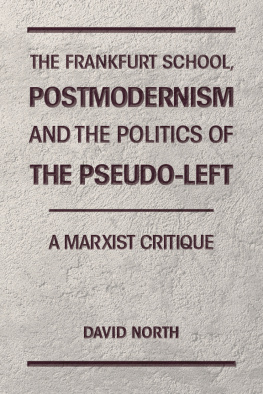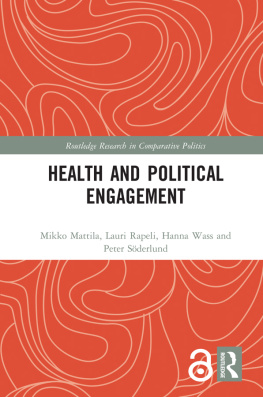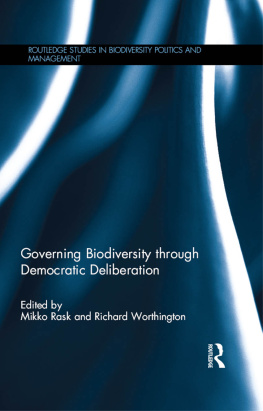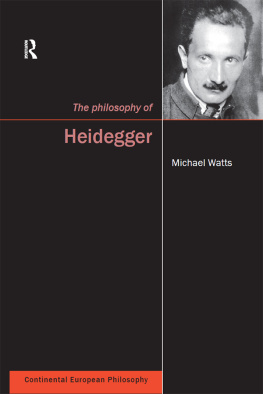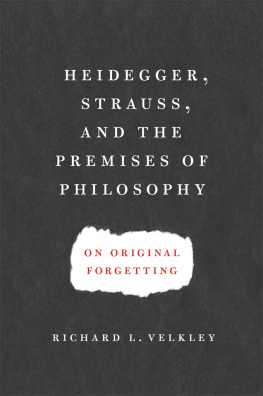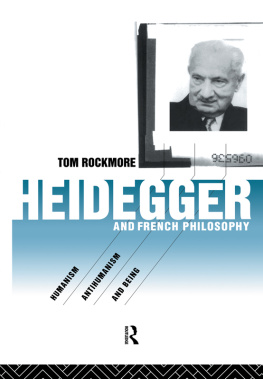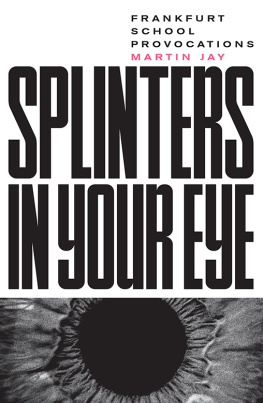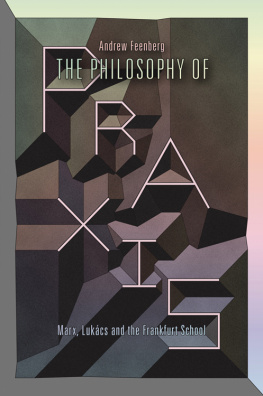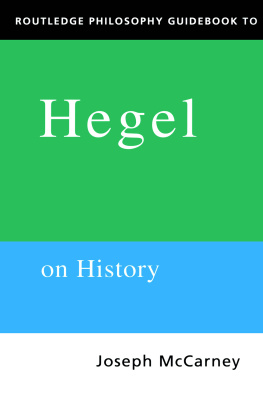Mikko Immanen - Toward a Concrete Philosophy: Heidegger and the Emergence of the Frankfurt School
Here you can read online Mikko Immanen - Toward a Concrete Philosophy: Heidegger and the Emergence of the Frankfurt School full text of the book (entire story) in english for free. Download pdf and epub, get meaning, cover and reviews about this ebook. year: 2020, publisher: CornellUP, genre: Religion. Description of the work, (preface) as well as reviews are available. Best literature library LitArk.com created for fans of good reading and offers a wide selection of genres:
Romance novel
Science fiction
Adventure
Detective
Science
History
Home and family
Prose
Art
Politics
Computer
Non-fiction
Religion
Business
Children
Humor
Choose a favorite category and find really read worthwhile books. Enjoy immersion in the world of imagination, feel the emotions of the characters or learn something new for yourself, make an fascinating discovery.

- Book:Toward a Concrete Philosophy: Heidegger and the Emergence of the Frankfurt School
- Author:
- Publisher:CornellUP
- Genre:
- Year:2020
- Rating:5 / 5
- Favourites:Add to favourites
- Your mark:
- 100
- 1
- 2
- 3
- 4
- 5
Toward a Concrete Philosophy: Heidegger and the Emergence of the Frankfurt School: summary, description and annotation
We offer to read an annotation, description, summary or preface (depends on what the author of the book "Toward a Concrete Philosophy: Heidegger and the Emergence of the Frankfurt School" wrote himself). If you haven't found the necessary information about the book — write in the comments, we will try to find it.
Mikko Immanen: author's other books
Who wrote Toward a Concrete Philosophy: Heidegger and the Emergence of the Frankfurt School? Find out the surname, the name of the author of the book and a list of all author's works by series.
Toward a Concrete Philosophy: Heidegger and the Emergence of the Frankfurt School — read online for free the complete book (whole text) full work
Below is the text of the book, divided by pages. System saving the place of the last page read, allows you to conveniently read the book "Toward a Concrete Philosophy: Heidegger and the Emergence of the Frankfurt School" online for free, without having to search again every time where you left off. Put a bookmark, and you can go to the page where you finished reading at any time.
Font size:
Interval:
Bookmark:
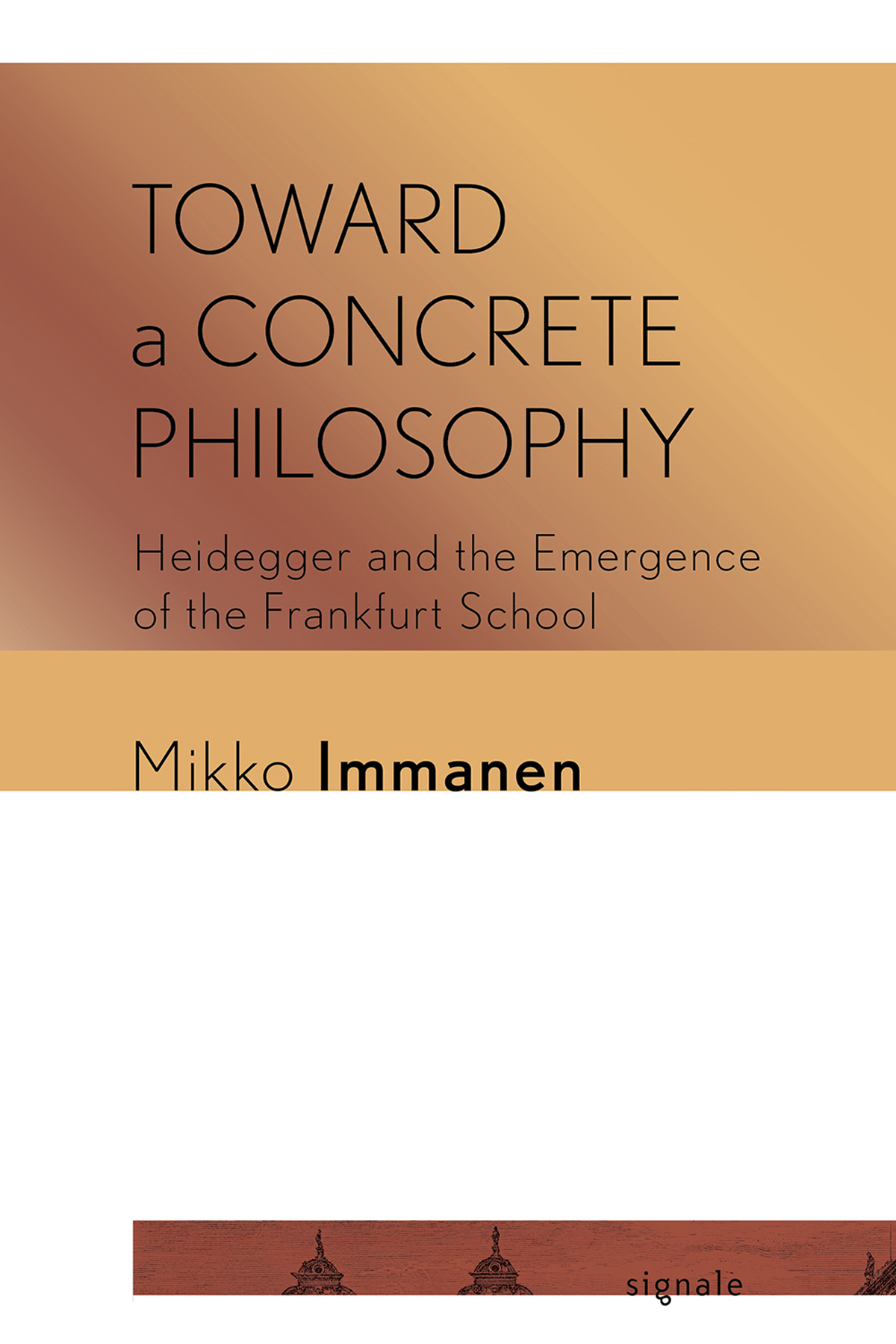
T OWARD A C ONCRETE P HILOSOPHY
Heidegger and the Emergence of the Frankfurt School
M IKKO I MMANEN
A Signale Book
C ORNELL U NIVERSITY P RESS AND C ORNELL U NIVERSITY L IBRARY
I THACA, N EW Y ORK
This book owes its existence to countless people, but to four in particular. Georgia Warnke at the University of California, Riverside, offered me a chance to spend a wonderful year at the Center for Ideas and Society in 20152016. Her insightful comments improved every chapter of the book, and I am grateful for the opportunity of benefiting from her expertise in matters Heideggerian and kritisch. The same goes for Richard Wolin who offered his help in various ways. Not only did he kindly accept the invitation to act as my opponent in the public examination of my doctoral thesis, from which this book evolved, in 2017, he also hosted me at the CUNY Graduate Center in New York as a Fulbright scholar in 20182019. Most of all, I owe a special debt of gratitude to Markku Peltonen and Kari Saastamoinen at the history department at the University of Helsinki. Their guidance and support, first as doctoral supervisors, then as colleagues, but always as friends, has been crucial for me in the past decade or so.
I wish to thank Martin Jay, Robert Hullot-Kentor, Detlev Claussen, and Steven Vogel for their generous and perceptive comments on the manuscript. Critical remarks and constructive suggestions by two anonymous readers were very helpful as well. Olli-Pekka Moisios encouraging words during the initial stage of the project came in handy. Of my colleagues at the General History seminar in Helsinki, Antti Lepist deserves a special word of thanks for his fruitful comments and friendship over the years. Warm thanks also to Laura Tarkka-Robinson, Soile Ylivuori, Tupu Yl-Anttila, Anna Koivusalo, Elise Garritzen, Kaarlo Havu, Antti Taipale, and Markku Keklinen for creating an inspiring atmosphere and for their cheerful comradeship.
I would like to thank my superb editors at Cornell University Press: the Signale series editor Peter Hohendahl for taking an interest in my manuscript and the managing editor Kizer Walker for guiding me through what turned out to be an incredibly smooth publishing process.
During my visit to the Archives Centre of the Goethe University in Frankfurt am Main, Stephen Roeper was nothing short of terrific in helping me to explore the bequests of Max Horkheimer and Herbert Marcuse. Michael Schwarz at the Walter Benjamin Archive, Berlin, was also of immense aid in navigating through Adornos unpublished writings.
Visiting the archives in Germany and writing this book in Helsinki, Riverside, and New York would not have been possible without the generous funding of the Doctoral Programme in History and Cultural Heritage (University of Helsinki), the Finnish Cultural Foundation, Kone Foundation, the Eino Jutikkala Fund, the University of Helsinki Funds, the Finnish Doctoral Programme of History, the Fulbright Finland Foundation, the Finnish Academy of Science and Letters, and the Ella and Georg Ehrnrooth Foundation.
It is a delight to thank the people without whose support this book would have remained unwritten. But it is equally a pleasure to recognize those whose intellectual stimulation enabled me to develop an interest in the Frankfurt School in the first place. In 20032008, I had the good fortune of learning from Juha Siltala and Heikki Mikkeli at the history department in Helsinki. Put simply, Juhas writings opened my eyes to social reification, Heikkis lectures to reification of naturetwo concerns that at the time I also encountered in the thoughtful essays by the late Georg Henrik von Wright.
Finally, very warm thanks are due to chief inspectors Juha Korhonen and Teemu Holmn for being great friends for years. The following esteemed individuals have also been supportive in one way or the other: Elmi Ahonen, Paavo Ahonen, Sami Ahonen, Taito Ahonen, Ritva Eskelinen, Heikki Haara, Tatiana Kai-Browne, Mia Korpiola, Andrea Khler, Aino Lahdenranta, Mikko Lappalainen, Hanna Mkel, Petteri Norring, Merja Nurmela, Evan Prellberg, Panu-Matti Pykk, Kenneth Quek, Suurin Pamaus, and Joseph Trullinger.
I wish to express my deepest gratitude to my mother Leena, my father Erkki, and my sister Sanna, for being there throughout this long journey. To Veera Laine I am grateful for a million things, but most of all for her tireless ability to encourage.
The archival documents from the Herbert Marcuse Archive are used and/or published with permission of Peter Marcuse, Literary Estate of Herbert Marcuse, represented by P.-E. Jansen. The archival documents from the Theodor W. Adorno Archive are used with permission of the Hamburger Stiftung zur Frderung von Wissenschaft und Kultur. The archival documents from the Max Horkheimer Archive are used with permission of the University Library J. C. Senckenberg, Frankfurt am Main. An earlier version of Chapter 3 appeared as Revisiting Marcuses Habilitation Odyssey in the Light of Heideggers Black Notebooks in New German Critique 45, no. 3 (November 2018). I am thankful to Duke University Press for permission to republish it here.
Making Good on Heideggers Promise
Any contribution this work may make to the development and clarification of problems is indebted to the philosophical work of Martin Heidegger.
HERBERT MARCUSE, H EGELS O NTOLOGY AND THE T HEORY OF H ISTORICITY (1932)
The achievement of the neo-ontological formulation is that it has radically demonstrated the insuperable interwovenness of natural and historical elements.
T HEODOR W . A DORNO, T HE I DEA OF N ATURAL- H ISTORY ( 1932 )
I know now that Heidegger was one of the most significant personalities to have spoken to me.
M AX H ORKHEIMER TO R OSE R IEKHER ( 1921 )
With the publication of Sein und Zeit (Being and Time) in 1927, the philosopher Martin Heidegger became one of the most discussed figures in German intellectual life by thoroughly questioning the scientifically minded philosophical and cultural self-understanding of modern Europe. Since the turn of the 1920s, Heideggers unique gifts in teaching and his reinterpretations of Greek and Christian classics in his lectures had already set forth the rumor of the hidden king among students of philosophy.
Yet, this book argues that the contestation with Heideggers competing philosophical revolution played a considerable, unacknowledged role in the formation of the Frankfurt School. Rather than claiming that Heidegger, widely considered one of the most important philosophers of the twentieth century, would have influenced the critical theorists in a positive way, like Karl Marx and Sigmund Freud for instance did, I suggest that Marcuse, Adorno, and Horkheimer saw in Heidegger the most provocative challenge and competitor to their own analyses of the discontents of European modernity at the time of Wall Streets stock market crash, consolidation of Stalinist rule in Soviet Russia, and shifting hegemony in German Zeitgeist from progressive modernism to anxiety-ridden existentialism. By focusing on the years between the publication of Being and Time and Heideggers notorious embrace of National Socialism in 1933, I examine what the critical theorists saw as the merits and the blind spots of Heideggers philosophy before its contamination by Nazism.
As prominent figures in continental philosophy, both Heidegger and the Frankfurt School thinkers have been studied extensively. There has, however, been little interest in a comparative approach toward these giants of twentieth-century European thought. This is understandable. Apart from Marcuses years as Heideggers graduate student in 19281933, during their lifetimes, the relationship between Heidegger (18891976) and the German Jewish Horkheimer (18951973), Adorno (19031969), and Marcuse (18981979) was mostly hostile or ignorant. While Heidegger never commented on the critical theorists in his published works, in private he once denied having read a single page by Adorno, whom he dismissed as merely a sociologist. On their part, after World War II, the critical theorists launched sharp attacks on the Swabian sage, viewing Heideggers refusal to apologize for his support for Hitler as symptomatic of the wider German incapacity to come to terms with the past.
Font size:
Interval:
Bookmark:
Similar books «Toward a Concrete Philosophy: Heidegger and the Emergence of the Frankfurt School»
Look at similar books to Toward a Concrete Philosophy: Heidegger and the Emergence of the Frankfurt School. We have selected literature similar in name and meaning in the hope of providing readers with more options to find new, interesting, not yet read works.
Discussion, reviews of the book Toward a Concrete Philosophy: Heidegger and the Emergence of the Frankfurt School and just readers' own opinions. Leave your comments, write what you think about the work, its meaning or the main characters. Specify what exactly you liked and what you didn't like, and why you think so.

